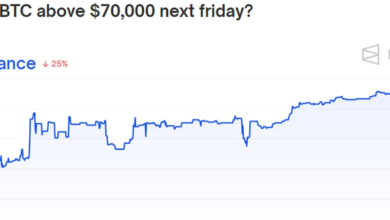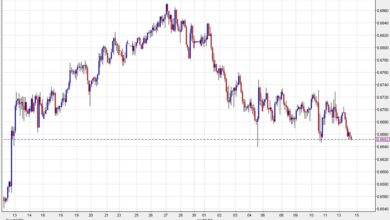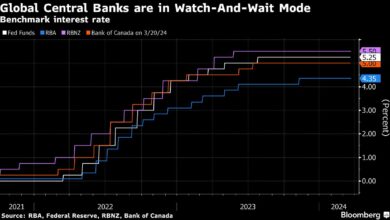The future of money: Preparing psychologically for the shift to digital currencies and fintech

The abstraction of money has been slowly happening over time. The transactions have been getting easier, but our knowledge of where our money is going and how we manage it has been getting more complex with more options on how to spend it!
Whatever happened to the good old days when you got paid your wages in cash handed to you in a brown envelope? I have fond memories in my very early days in an accounting practice, ‘making up the pays’, which literally meant walking to the bank, withdrawing the cash (and coins), heading back to the office, and spending the next couple of hours putting cash and payslips into envelopes for the clients to collect for their staff.
Managing money was easy. We knew exactly how much money we had, the cash was often split into other brown envelopes for various types of expenses, and when the envelope was empty, we simply stopped spending.
I was still working for the same accounting practice when ‘direct credit’ came in. Boy was that a revolution. But also very scary, was the money really going to make it to my bank account or was it going to ‘get lost’ along the way.
We have come a long way again since then, with the everyday use of credit cards, payWave, Apple pay, online shopping, the list goes on.
So, once again in our rapidly evolving world, how we handle, manage, and think about money is transforming again. This time it’s the emergence of digital currencies and financial technologies (FinTech) is not just a trend; it’s a revolution in the making.
As with any Change, it is not merely technical it’s psychological as well.
We are moving again from what we know. Whether it is paper money or a piece of plastic in our hands , we can see and feel or financial state. However, digital currencies like Bitcoin, Ethereum, and countless others are intangible. They exist in a digital realm, bringing a new level of abstraction to our understanding of value and wealth.
Trust is the cornerstone of any financial system. We trust banks to keep our money safe, notes and coins to be accepted as payment, and economic institutions to manage our wealth with expertise and integrity. This trust has been challenged throughout history with major crashes and more recently resentment against the huge profits the financial institutions have been making.
The growth of digital currencies has been helped by the dissatisfaction in the traditional financial systems. But digital currencies and FinTech also require trust and a leap of faith and a willingness to embrace new forms of security and assurance. Blockchain technology, the backbone of many digital currencies, offers a new paradigm of trust – one that is supposed to be based on transparency, cryptography, and community consensus rather than centralised authority. This trust building exercise has been seriously challenged as well with some of the scandals, and massive falls from grace for some of the digital currencies.
We need to put our money somewhere, so which option do we chose? Stay with the old, or embrace the new? Or have one foot in each camp?
As we stand on the cusp of this digital financial era, preparing ourselves is not just about the practical aspects of securing our wallets or investing wisely. It’s about psychologically adapting to yet another new way of thinking about money, value, and wealth.
As with any change there are some steps you can take to decide when or if you want to engage with the new digital era.
1. Educate Yourself: Knowledge is power
Familiarise yourself with the basics of digital currencies and FinTech. Understand the principles, the risks, and the opportunities.
2. Start Small
If you’re new to digital currencies, start with small investments. Get a feel for the market dynamics without exposing yourself to significant risk.
3. Develop a Digital Mindset
Cultivate a mindset that is open to change, is adaptable, and is resilient. Be prepared to learn and continuously evolve with the changing financial landscape.
4. Practice Emotional Discipline
Learn to manage your emotions when dealing with money. Don’t let fear or greed dictate your financial decisions.
5. Seek Professional Advice
If you need clarification on your investment decisions, seek advice from financial experts, especially those well-versed in digital currencies and FinTech.
From my own perspective, I am still very early in the digital currency space, I have done some research, but have yet to start actively engaging. I know my risk profile and understanding of the technology is part of the reason, I’m not sure I really trust the marketplace, and I also know I’m just not ready to adapt from the system of money that I have grown up with. I’m OK with that.
The transition to digital currencies and FinTech is not just a financial evolution but a cultural and psychological one. It’s about redefining our relationship with money in a world where the traditional boundaries of finance are expanding into the digital realm. Is this the future of money? Only time will tell.





